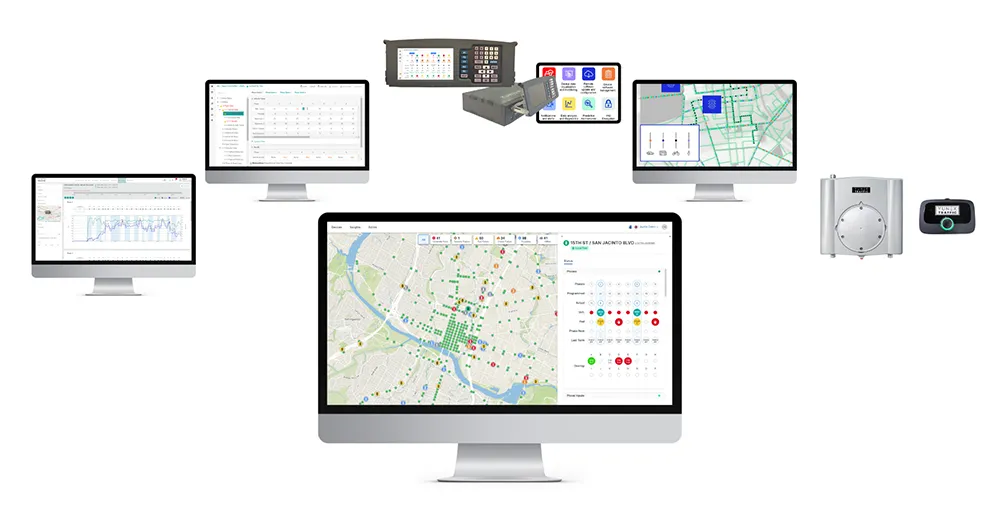TRW Automotive Holdings has announced its next generation of adaptive frontal passenger airbags. The dual contour passenger airbag is capable of adjusting both the airbag pressure and size to help tailor protection according to occupant size and other variables of a crash.
March 26, 2012
Read time: 2 mins
Norbert Kagerer, vice president of engineering for TRW's Occupant Safety Systems business, commented: "Adaptive occupant safety technologies began with the introduction of dual stage inflators over a decade ago and have progressed to include not only factors such as deployment force, but also the bag geometry, stiffness and shape as the bag deploys. TRW's next generation adaptive airbags combine all of these elements to help enhance the safety of occupants according to their size, the speed and force of the crash, occupant position, belted versus unbelted and more.
"For example, TRW is already in production with its 'SAVe' active venting system that adapts to the position of the passenger and will soften the airbag through supplemental vents in the airbag module to allow some of the gases to be expelled when the passenger is in closer proximity to the airbag when it deploys."
TRW is taking a further step with the dual contour airbag that utilises sensor inputs to determine occupant size and can tailor the bag size and shape to smaller or larger occupants through the use of a tether activation unit that will present the right size and shape of the bag based on the particular crash variables.
The company anticipates that its next generation of adaptive airbags will be ready for production by 2013.








